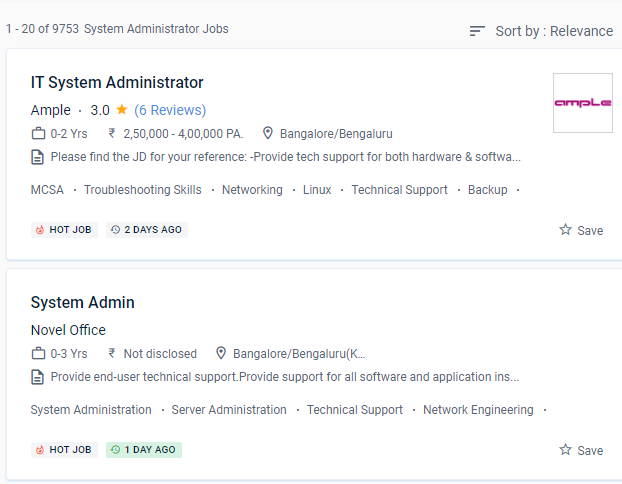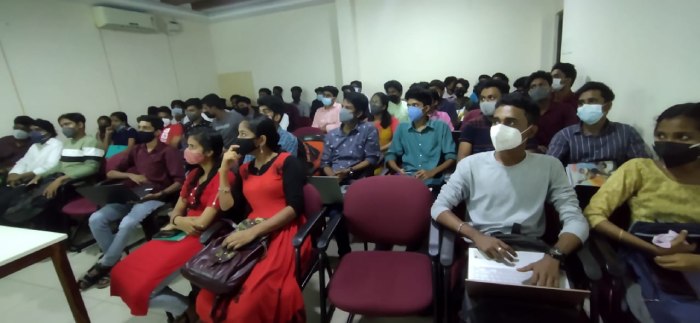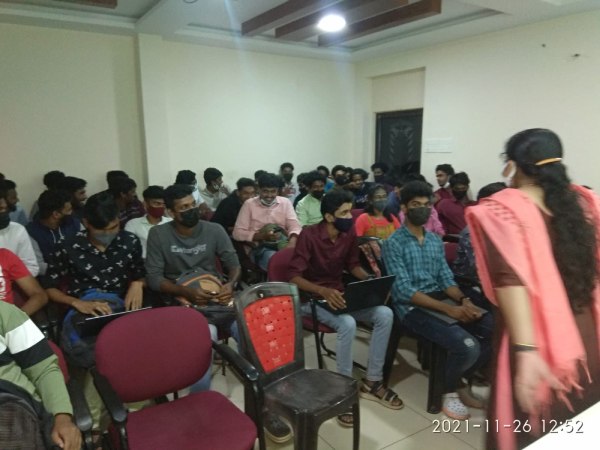System Administration Training by Experts
Our Training Process

System Administration - Syllabus, Fees & Duration
MODULE 1
- System administration introduction, policies, overview, UNIX history and basis
MODULE 2
- File systems and disks
MODULE 3
- Software installation concepts
MODULE 4
- Multi users basics, politics, policies and ethics
MODULE 5
- Automating administrative tasks
MODULE 6
- Networking
MODULE 7
- Backup and disaster recovery
MODULE 8
- DNS
MODULE 9
- SMTP, HTTP
MODULE 10
- Configuration management
MODULE 11
- Distributed computing
MODULE 12
- SNMP, monitoring
MODULE 13
- System security
This syllabus is not final and can be customized as per needs/updates





 We'll take a deep dive into the cloud, covering everything from common cloud infrastructure setups to cloud resource management. Circuit boards and CPUs are assembled by computer hardware engineers to produce functional mobile or desktop devices. Systems administration is the division of information technology that is in charge of keeping multi-user computer schemes up and running.
System administration roles are broad and often vary based on the type of computer system being managed, however, the majority of them have some fundamental functions that can be accomplished in a variety of ways. Computer scientists research to develop new IT approaches that are both effective and efficient.
For secure, high-speed Internet access, they connect routers, modems, and firewalls. These experts may go on to become technology and IT managers in the future.
Large companies provide opportunities for system admins to advance through promotions. Information technology (IT) experts execute the work of systems administration for a company.
To digitally connect clusters of computers, they create local area networks (LANs) and wide-area networks (WANs).
We'll take a deep dive into the cloud, covering everything from common cloud infrastructure setups to cloud resource management. Circuit boards and CPUs are assembled by computer hardware engineers to produce functional mobile or desktop devices. Systems administration is the division of information technology that is in charge of keeping multi-user computer schemes up and running.
System administration roles are broad and often vary based on the type of computer system being managed, however, the majority of them have some fundamental functions that can be accomplished in a variety of ways. Computer scientists research to develop new IT approaches that are both effective and efficient.
For secure, high-speed Internet access, they connect routers, modems, and firewalls. These experts may go on to become technology and IT managers in the future.
Large companies provide opportunities for system admins to advance through promotions. Information technology (IT) experts execute the work of systems administration for a company.
To digitally connect clusters of computers, they create local area networks (LANs) and wide-area networks (WANs).



















































































